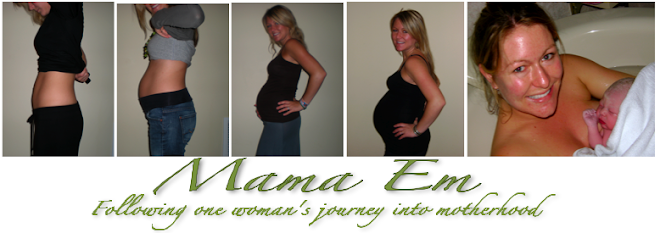Earlier this month, the American Academy of Pediatrics published an article finding that "if 90 % of US families could comply with medical recommendations to breastfeed exclusively for 6 months, the United States would save $13 billion per year and prevent an excess 911 deaths, nearly all of which would be infants." The responses were, somewhat surprisingly, quite mixed. I fully expected the formula companies to have their own reactions, of course. Many mothers also responded quite angrily, complaining that the study results were released to make mothers who couldn't breastfeed feel guilty. That particular backlash has been significant.
The author of the study, Melissa Bartick, MD, MSc, responded on her blog several days ago in an article she titled Peaceful Revolution: Motherhood and the $13 Billion Guilt. Her thoughtful and compassionate response compared two births, one of which would support breastfeeding through skin to skin contact, rooming-in, time with an International Board Certified Lactation Consultant, maternity leave, and a breast pump paid for by health insurance. The other birth detailed is more commonly experienced by most new mothers in the US- immediate cord clamping and separation from the mother, significant medical interventions, little education on or support for breastfeeding. Dr. Bartick urged mothers to feel angry that their birthing experiences didn't support them as they should have, rather than feeling guilty that they failed by themselves. In her last paragraph, she calls for women to take action. It's a moving article well-worth reading for any mother and family member of anyone who will someday give birth, so please, read it. And if you can, respond as Dr. Bartick encourages.
While I was well aware of some things I could do in the hospital to promote immediate bonding and encourage breastfeeding, like skin-to-skin contact and rooming in (Tye slept naked on my chest that night in the hospital), I still learned a lot from Dr. Bartick's article. I am crushed that I didn't know that I could ask to nurse Tye during the heel prick test. Tye screamed and it broke my heart- just remembering that is bringing tears to my eyes now. I also didn't know enough about problem-solving breastfeeding issues after I left the hospital, like when Tye hadn't gained enough weight by her one month check up. When the doctor suggested supplementing with formula, I felt so scared and so guilty for unknowingly denying my baby nourishment that we gave her formula immediately. I did see an IBCLC soon after, but I know now that I should have made an appointment with her before any problems came up, as a preventative measure.
Before Tye was born, I remember a conversation I had with Tyler about how nervous I was that breastfeeding might be difficult. I had heard enough stories about women trying with everything they had, and it still not working, that I was scared for my own ability to nurse. Tyler promised me he would be completely supportive, and he has been. (The guy cheers for me when I pump even just 1/2 an ounce after Tye has nursed- I couldn't ask for better support!) I had the lowest-intervention hospital stay I could ever imagine, with a water birth, delayed cord clamping, and skin-to-skin contact until we bundled Tye to take her home. Aside from the numbing shots I received while I was being stitched up and the legally required heel-prick test, everything was completely natural- and yet I still had difficulty establishing my milk supply later on. I can't imagine the hurdles other mothers must jump to nurse. We shouldn't be making it so hard for women to provide their children with breast milk, a free, nutrient-dense, disease-fighting source of food. Breast milk and breastfeeding are absolutely miraculous. Establishing good breastfeeding patterns shouldn't have to be.

Well said!!!!
ReplyDelete